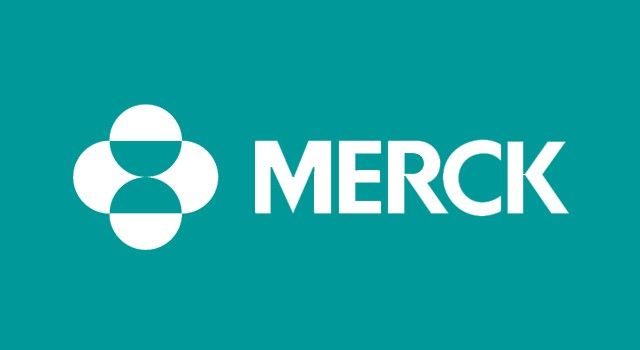Article
Anacetrapib Meets Primary Endpoint, But Its Future is Called Into Question
Author(s):
Despite its recent success, Morgan Stanley experts give the drug 5% odds of reaching markets.

Pharmaceutical giant Merck is reporting positive results from its REVEAL outcomes study of anacetrapib for the prevention of cardiovascular disease, but experts from Morgan Stanley don’t seem convinced the drug will ever be commercialized.
According to a Merck statement, anacetrapib significantly reduced major coronary events compared to placebo in patients at risk for cardiac events who are already receiving an effective LDL-C lowering regimen. Major coronary events were defined as the composite of coronary death, myocardial infarction, and coronary revascularization.
The statement said anacetrapib’s safety profile “in the early analysis was generally consistent with that demonstrated in previous studies of the drug, including accumulation of anacetrapib in adipose tissue, as has been previously reported.”
Merck plans to review the trial results with external experts, and said it will consider whether to file new drug applications with the US Food and Drug Administration.
According to Morgan Stanely Equity Analyst David Risinger, this “guarded statement” implies that anacetrapib is unlikely to be filed because of modest efficacy or safety concerns.
“Although Ph 3 succeeded, we wonder if the effect size is small and/or if there are safety questions. It is very unusual for a company to announce success of a phase 3 outcomes trial but not commit to filing the new drug candidate,” Risinger wrote in a statement. “We are maintaining our anacetrapib forecast of 5% odds of commercialization.”
Anacetrapib is an investigational cholesteryl ester transfer protein (CETP) inhibitor. The REVEAL study is a randomized, double-blind placebo-controlled clinical trial to assess the efficacy and safety of adding anacetrapib to effective LDL-lowering treatment with atorvastatin for a median duration of at least 4 years among approximately 30,000 patients aged 50 or older at high risk of cardiovascular events.
The study began in June of 2011 and is expected to be completed by April of 2019.




